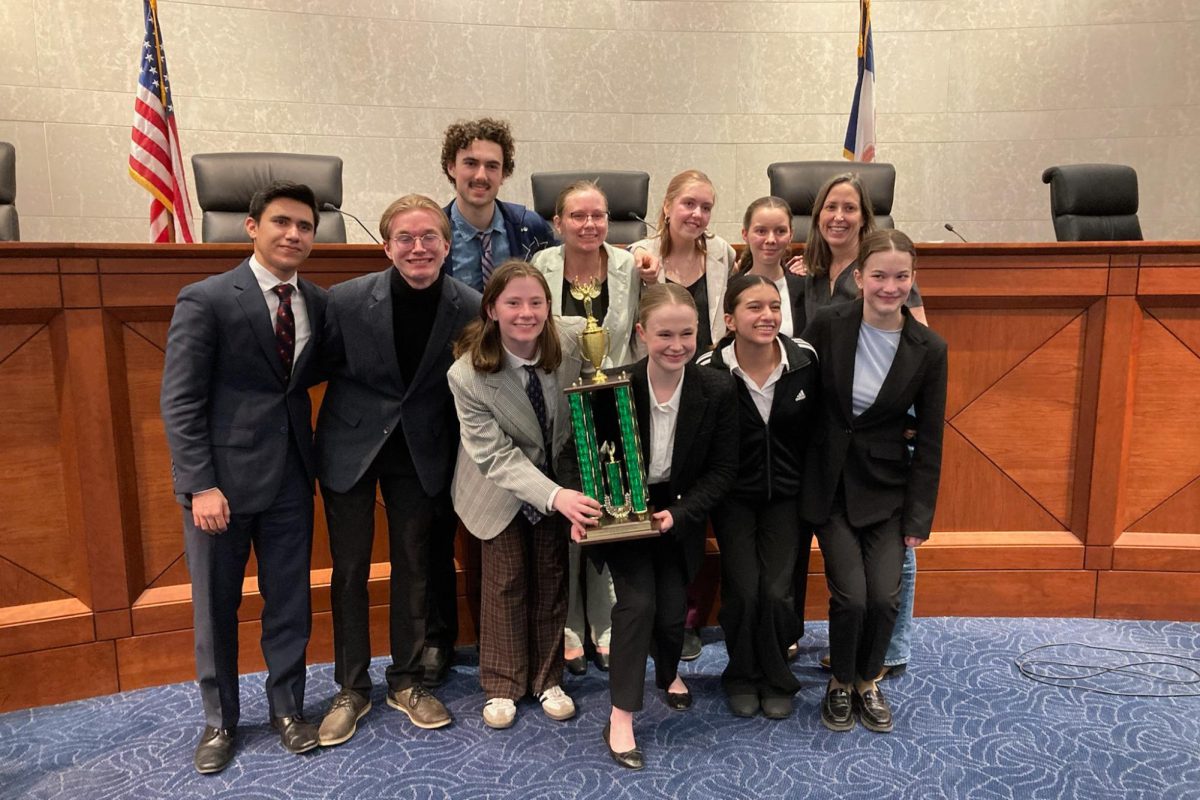By Jeff Haidri & Carl Sessons
In wake of evolving North Korean drama, the massive BP oil spill and Israel’s conflict with Gaza, the nation’s attention has shifted to the international stage. However, the event that took place a month ago in Arizona should not be forgotten.
Its new immigration law, SB 1070, makes it a state offense to not carry proof of citizenship within its borders. Additionally, it broadens the powers of local police, essentially allowing them to function as immigration agents. It forces law enforcement officials to determine the immigration status of anyone they encounter during a “lawful stop, detention or arrest.” Also, the ruling makes it mandatory for officers to enforce immigration laws to their fullest extent.
Together, these provisions form the strongest anti-immigrant legislation in the country. Despite attempts to water down the law’s racist nature, it, along with all other conservative immigration policies, still sends the same fundamental message: “You are different. You are not wanted here.”
When Arizona Governor Jan Brewer was asked what an undocumented immigrant looks like, and how police are expected to know who to be suspicious of she responded: “I do not know what an illegal immigrant looks like. But I can tell you that there are people in Arizona who assume they know what an illegal immigrant looks like.”
Despite this doubletalk, it’s obvious who the law will be targeted towards: people with brown skin. One third of Arizona’s population is Latino, and as a result of this bill they will be suspect to state-sponsored racial profiling. In response to criticism, the Arizona legislature made sure that officer won’t “solely consider race, color or national origin.” By allowing race to become a factor in law enforcement, the law opens the door for it to be the deciding factor. A multitude of groups are calling the new law racist. The Cuban parliament declared it as a law of a “deep racist and xenophobic nature.” The Muslim American Society condemns the bill, calling it “the legalization of racial profiling.”
When the Arizona legislature wrote the law, they made sure that officers can’t “solely” consider race, color, or national origin when they determine someone’s immigration status. At this point, Arizona has conceded that there will be racial profiling as a result of its actions. Even if race isn’t the only factor in an arrest, there is nothing stopping it from being the determining factor. In essence, the legislation condones racism by trying to minimize it.
According to the text, officers can take legal measures when there is “reasonable suspicion” that the suspect is an illegal immigrant. This vagueness leaves the decision totally up to the individual officer. Police will be forced to make judgment calls about what illegal immigrants look like while striving to be politically correct. Innate bigotries will be allowed to blossom, and an officer if they desired, could demand identification from anyone they come into “legal contact” with. This law renders immigrants politically invisible and places them under potential attacks from both the state and its citizens.
For years, we have been hearing that immigrants bring with them unemployment and economic decline. Yet this rhetoric falls apart when confronted with facts. A study by the Pew Hispanic Center couldn’t find any correlation between high unemployment and rising immigration rates. In the 10 states with highest employment rates from 2000-2004, five showed a high influx of immigrants.
The biggest economic effect of Arizona SB 1070 has nothing to do with employment, however. As a direct result of the new law, the state could lose about 90 millions dollars due to boycotts organized by cities and organizations.
The illegal immigrants fill a necessary niche in our economy; they often do the least desirable jobs, and often at the lowest wages. It is racist and exclusionary to assume that US citizens deserve jobs more, simply because of their status in our society. Moreover, it is economically disastrous to think otherwise.
Next, promoters of the legislation claim that it’s a necessary enforcement measure against illegal immigration that would somehow reduce crime. While it is true that some of the drug cartel violence on the Mexican border has spilled into Arizona, and that the federal government has failed to control it, there is no analysis of how detaining random illegal immigrants will solve the problem. But the law focuses on migrant workers, the very people who do the worst jobs for the lowest wages. Deporting these people doesn’t change anything: as long as there are huge incentives to cross the border, they will come seeking employment and wages they could not find in their home countries.
But the main threat on the Arizona border, drug traffickers and human smugglers, will be shielded from the law. These are the people who can pay for fake citizenship documents, who don’t care about deportation or fines.
An effective immigration law should target the perpetrators of cross-border violence. Arizona SB 1070 punishes every illegal immigrant as if they were all guilty.
For those who say that illegal immigration is a crime in itself, we ask, who is hurt by it? If we construct laws to preserve people’s lives, liberties, and their pursuits of happiness, then why is it illegal for someone to step over an imaginary line between two countries? It is fundamentally wrong to detain someone based on where they are located, not on account of their actions.
The idea that the United States should be closed against foreigners is a dangerous one. Seeing ourselves as a detached state, with defined borders that are necessary to keep others out places imaginary constructs above human lives.
Borders are human, imagined constructs, while human lives are real. This bill comes at a time where immigration reform is indeed necessary, but instead of bending to our xenophobic nature, change is needed. Providing social services to immigrants, decreasing the extensive paperwork that is currently keeping immigrants from being here legally, and helping immigrant’s native countries economic conditions via trade and subsidies all should be done to send a message of hospitality towards the international community.
The idea of us in the center and a group of wild people on the outside that will harm our country if we let them in without strict procedural bureaucratic paperwork makes real the constructs that some people have in their minds. We Americans are fundamentally different than people from other countries.
Mexicans, who account for the majority of illegal immigrants, are coming from a country where half of the citizens live in poverty. They come to the United States to seek better jobs, and to utilize the opportunities that we take for granted. It’s not that they want to break laws, it’s that there the paperwork is more complicated that IRS forms. The paperwork is invasive and for a person with little education it’s easier to take the path of least resistance.
The United States’ immigration policies need to be changed; and the notion of hospitality must be reconsidered. The abuses that Arizona’s new law endorses, and indeed causes, are evocative of the idea of the ‘safe home’-a place where we belong and are entitled to, a place that has borders to maintain security and keep danger out. The borders are valued, and they even help to define who we are. Our ‘safe home’ marks ‘us’ from ‘them’, and we seldom let ‘them’ in. Living in this kind of security blanket runs the risk of not just rejecting people from our territory, but from humanity itself.
Immigrants come to the United States to seek asylum or refuge. Arizona’s new law is a thoughtless reaction to the influx of people, based on a harmful ideology based not on facts, but on hate. Changing the way we view immigrants, as well as streamlining the citizenship process, means fundamentally changing the definition of “American,” a necessary step towards understanding and respect.








































